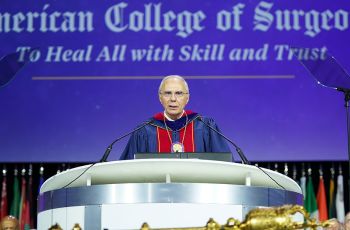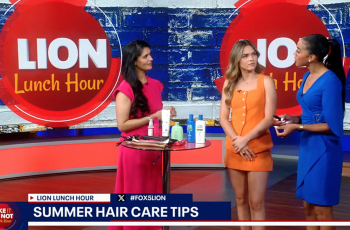Want to make your brown eyes blue? You've got lots of company. Decorative contact lenses have grown more and more popular. Young people especially like them. You can even find contacts that look like cat eyes or sports team logos.
You can buy contacts with no prescription at some beauty salons, flea markets, and websites. But those contacts may be trouble. The FDA warns that nonprescription contacts raise major risks of blindness and eye injuries.
The dangers linked to contact lens wear often come from less oxygen reaching the cornea. This doesn't change if you're wearing the lenses to fix a vision problem or for cosmetic reasons.
Contacts that aren't correctly prescribed and cared for can cause problems. They can lead to allergic reactions, bacterial infections, corneal ulcers, and corneal scrapes. Some problems can end in blindness.
Nonprescription contacts may offer extra risks. You may not know if they were made with the right materials in clean conditions.
That's why you should visit an eye care provider before you buy contact lenses. He or she will:
-
Decide if contacts are right for you
-
Give you a correct fitting
-
Offer instructions for wear, care, and follow-up exams
Common sense with contacts
Be smart about contact use:
-
Wear only contact lenses that were prescribed by an eye care provider.
-
Wash your hands with soap and water every time before touching your contacts.
-
Always clean, disinfect, and store lenses as you were taught.
-
Don't buy contact lenses from anyone who is not licensed to sell them.
-
Never share or swap contact lenses.
-
Don't sleep in your contacts unless advised by your eye care provider.
-
Don't store your contacts in water. Remove them before showering, swimming, or using a hot tub. A serious eye infection called keratitis can be caused by a parasite found in some water.
-
Have your eyes checked regularly according to your eye care provider's advice?



